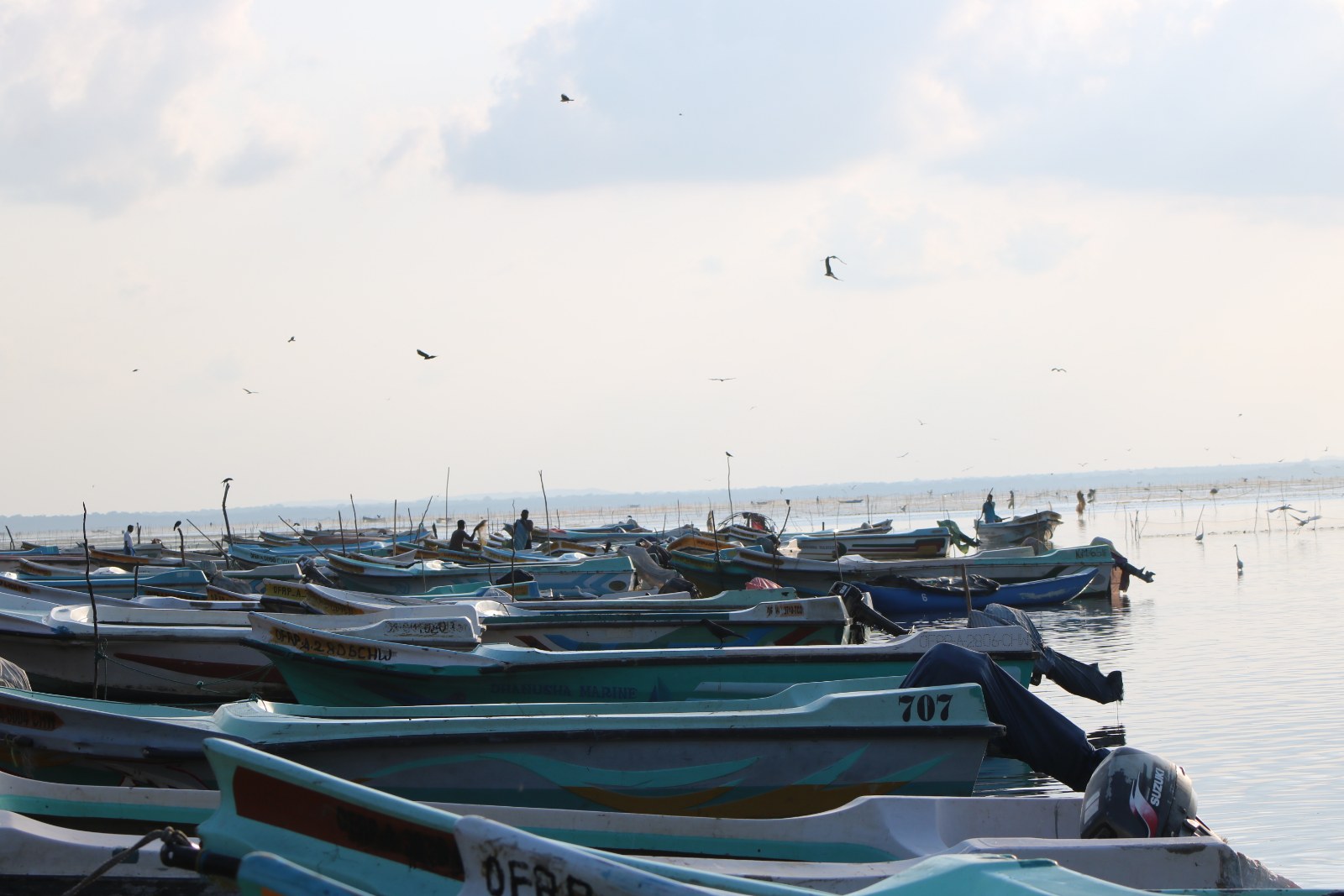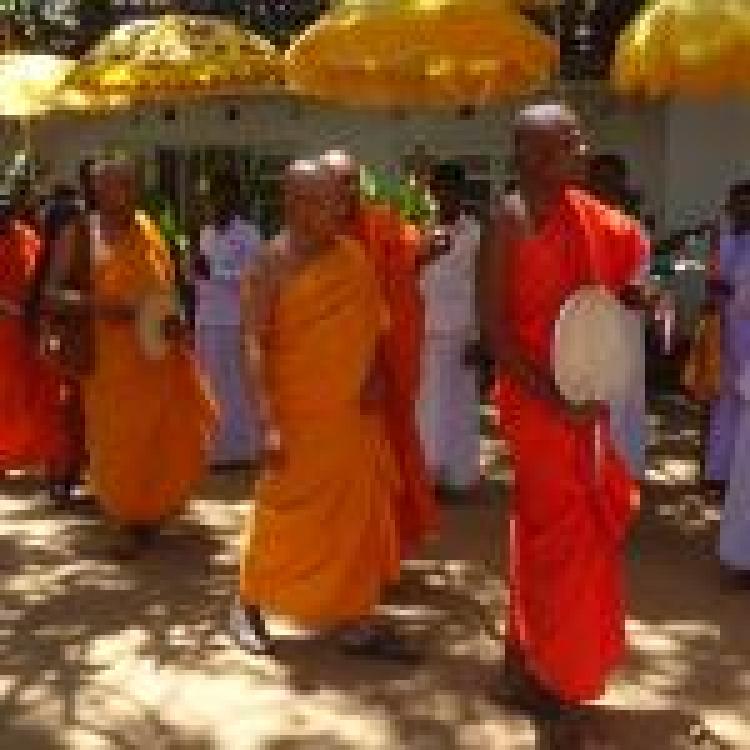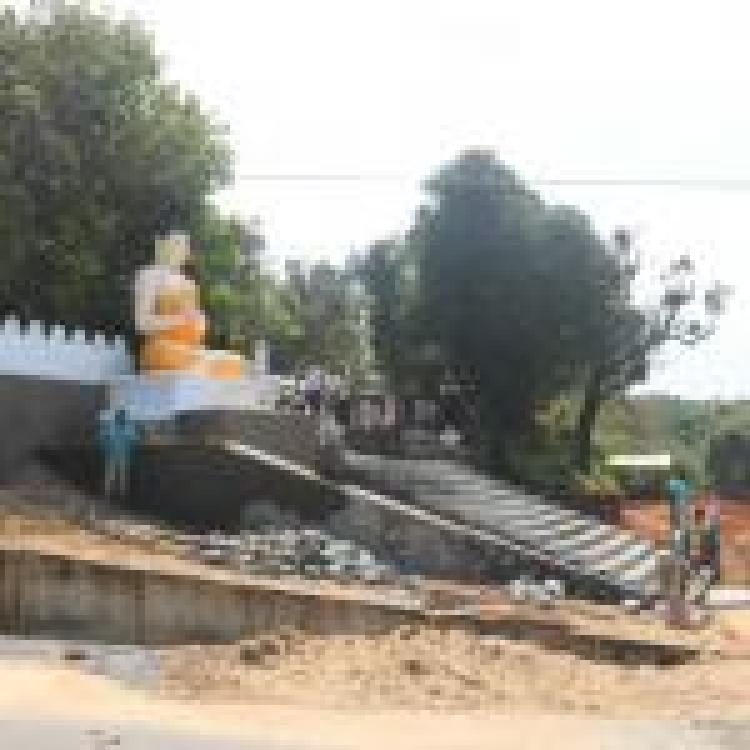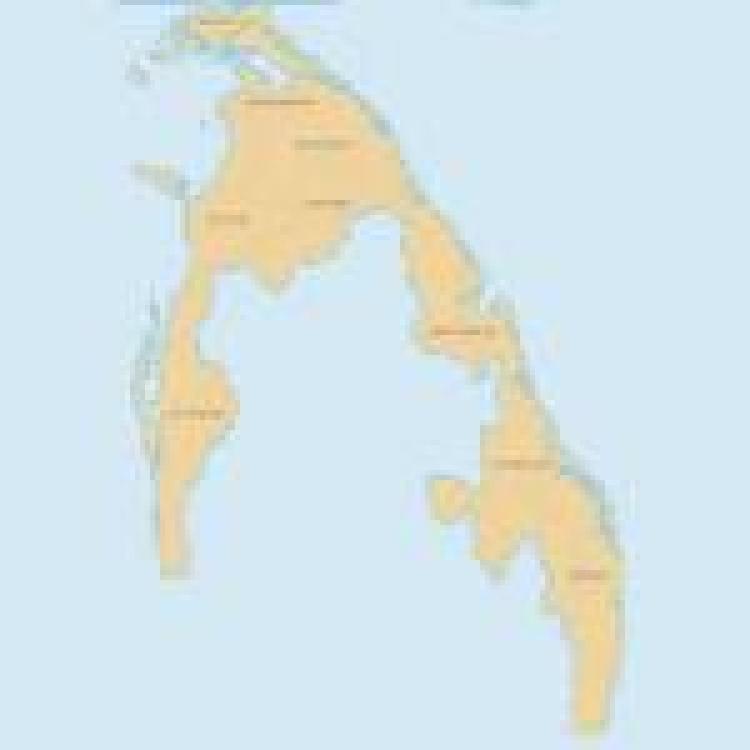Sri Lanka’s fishing authority has failed to take action against illegal activities carried out by Sinhalese and Muslim fishermen in Mullaitivu, while targeting Tamil fishermen for arrests.
Information obtained via the Right to Information (RTI) Act from the Department of Fisheries and Aquatic Resources confirmed that fishing methods carried out by Muslim fishermen from nearby Pulmoddai and Sinhalese settlers in the Kokkilai lagoon were illegal. The illegal activities included using a banned form of net (stake net) and boats with outboard motors.
Read more: Police increase presence in Nayaru as Sinhala fishermen remain
Tamil fishing associations have been angered by the department’s inaction, stating that local Tamil fishermen were regularly arrested and produced before court on spurious charges, while those encroaching the waters were openly engaged in illegal fishing methods with no consequences.
“It’s a different law for each race,” a Tamil fishing association member said, highlighting that the local Tamil fishermen had lost everything in the war and had been struggling to rebuild their lives since 2010.
Local fishermen said they feared for the future of the Kokkilai lagoon as the banned stake nets cause overfishing and hundreds of boats with outboard motors cause pollution.
Disputes over encroachment and illegal fishing in the Kokkilai lagoon had caused tensions in the area last year which had turned violent as fishing boats were burnt in reprisal attacks. The fisheries minister visited Mullaitivu to intervene in August and said he had directed the fisheries department, as well as the navy and police, to clamp down on the illegal activities. However no action followed, Tamil fishermen said.
Read more: Tamil fishing huts and boats set alight, tense situation in Mullaitivu





